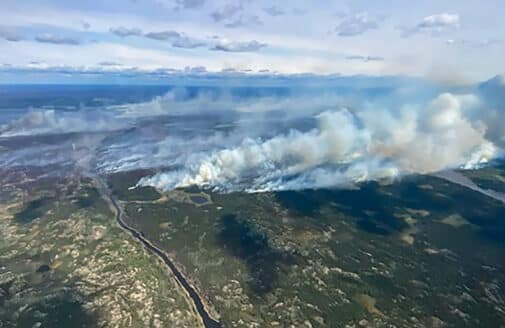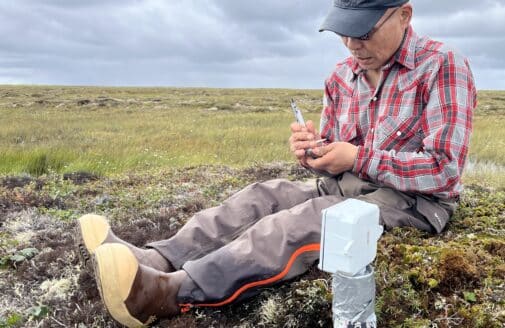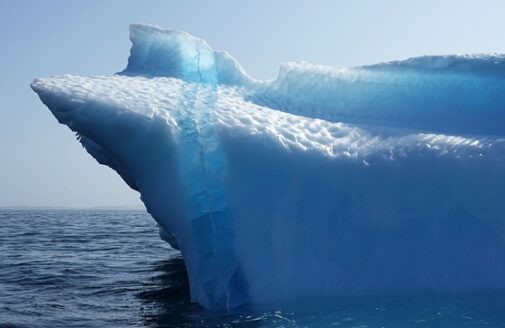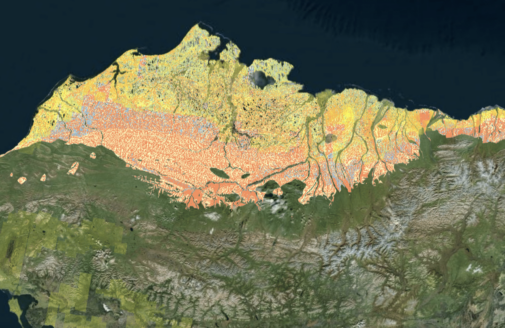Woods Hole PEP marks 10 year anniversary
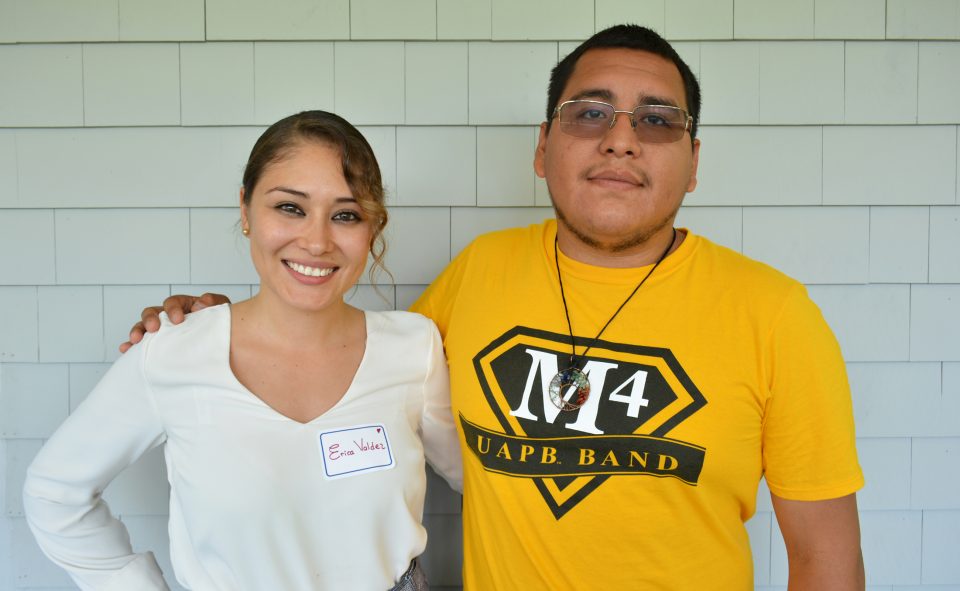
Former Woodwell Climate PEP student Erica Valdez and current Woodwell Climate PEP student Juan Ramos.
The Woods Hole Partnership Education Program (PEP) recently hosted a 10th anniversary homecoming, celebrating a decade of connecting a diverse group of college juniors and seniors with Woods Hole-area research institutions. Former Woodwell Climate Research Center (formerly Woods Hole Research Center) PEP student Erica Valdez and current Woodwell PEP student Juan Ramos were among those taking part.
Part of the Woods Hole Diversity Initiative, PEP is a 10-week program designed for students majoring in the natural sciences, engineering, mathematics or the social sciences who have had some course work in oceanography, biology, or environmental science.
Erica Valdez was Woodwell Climate’s first PEP student in 2015. During her time at Woodwell Climate, her attention was drawn to issues related to climate change and its impact on human health. “If I hadn’t taken part in PEP, my interest might not have been sparked in the connection between climate change and health,” Valdez said. She plans to attend medical school and continue working on that intersection.
Woodwell Research Associate Kathleen Savage, has helped organize and participate as a mentor in PEP since its start. “It was great seeing past PEP students and hearing about their accomplishments over the last decade,” Savage said.
The program consists of a four-week course and a six-week research project. Thanks to the generosity of the program’s sponsors, room, board and tuition are free and students receive a stipend and a travel allowance. In addition to Woodwell Climate, participating institutions include NOAA’s National Marine Fisheries Service; Woods Hole Oceanographic Institution, U. S. Geological Survey; Sea Education Association, and Marine Biological Laboratory.
PEP gives students an introduction to the Woods Hole science community, one of the most vibrant environmental research communities in the world. PEP students study, conduct research, and receive training in their areas of interest, working in labs with leading researchers in marine and environmental sciences. PEP provides a first-hand introduction to emerging issues and real-world training in the research skills students need to advance in science, either as graduate students or bachelors-level working scientists. They are required to participate in seminars, workshops, field trips, and career development activities including informal interviews. In August, students present results from their research in a 15-minute public presentation during a day-long PEP Symposium.
To learn more about PEP, and how you can support it, and other Woods Hole Diversity Initiative programs, visit WoodsHoleDiversity.org.




